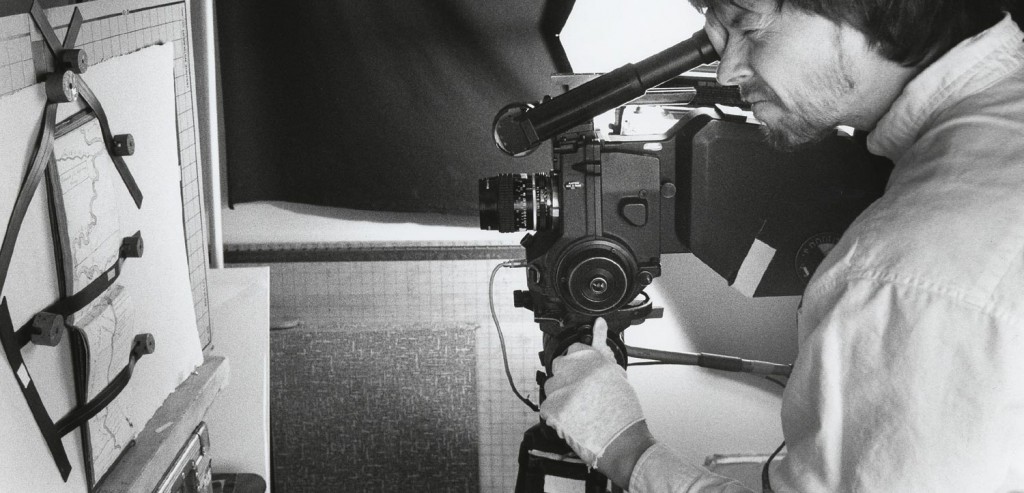Ken Burns
Here’s what Ken Burns wants you to know about the American Revolution — and why it’s pretty surprising.
🔍 The big revelations
-
It wasn’t just a war for independence — it was a civil war & a world war.Burns emphasizes that the American Revolution wasn’t simply the 13 colonies vs. Great Britain. It also included: loyalists vs. revolutionaries, neighboring communities fighting each other, Native American nations with their own stakes, and European powers such as the French, Spanish, Germans involved. (kenburns.com)
“It was a war for independence, a civil war, and a world war.” — PBS press release summarizing Burns’s view. (pressroom.pbs.org)
-
The Revolution gave birth to something new: the idea of the “citizen.”According to Burns, prior to the Revolution people were mostly subjects of a king/empire. The Revolution introduced a different idea: that people are citizens with rights and responsibilities. (CBS News)He said: “We had created in this moment a very brand-new thing called a citizen … and this has had powerful effects.” (CBS News)
-
It’s not the neat heroic myth — it’s messy, full of contradictions.Burns wants to move beyond the simplified patriotic story and show the full complexity: among others:
-
People fighting each other from the same communities (loyalists vs. patriots) (Yahoo News)
-
The Revolution’s ideals of liberty and equality being proclaimed even while slavery and Native American dispossession continued. (Newsweek)
-
The role of “ordinary” people — teenagers, women, people of colour, immigrants — not just the “Founding Fathers”. (Vanity Fair)
-
-
It changed the world, not just America.He calls the American Revolution “the most important event in all of world history since the birth of Christ.” (CBS News)Why? Because its ideas around natural rights, self-governance, citizenship spread and inspired other revolutions and political change globally. (Newsweek)
-
What do you think you know — you might only know part of it.Burns suggests that much of the popular understanding of the Revolution is sentimental or simplified: cherry trees, George Washington heroics, etc. But the real story includes:
-
Heavy violence and bloodshed. (Military.com)
-
Conflict across borders and groups. (kenw.org)
-
A lot of unresolved issues (slavery, rights, land) that followed the war. (PBS)
-
🎬 Why this matters (and why it’s timely)
-
Burns believes that by revisiting the Revolution in its full complexity, it can help Americans better understand their history — particularly at a time of deep division. (Yahoo News)
-
For younger generations or people less familiar with detailed history, this can provide new entry points — showing that the Revolution was inhabited by more than famous men in powdered wigs, and that its legacy affects everyone. (kenw.org)
-
The project also invites reflection: If you were living then, which side would you have been on? Would you have taken up arms? Burns asks these questions. (kenw.org)
🧐 Some “shock” or counter-intuitive things you might not expect
-
The Revolution was not inevitable: many thought the colonists had almost no chance of success. Burns points this out. (Newsweek)
-
The founding of the U.S. came despite major contradictions (liberty vs. slavery, democracy vs. status hierarchies) — so the picture isn’t one of pure virtue.
-
“Citizenship” as we think of it today was a new idea — the Revolution didn’t just rebel, it reimagined what individuals are in relation to government.
-
The story is shared — many people, many backgrounds, millions of lives were touched; it wasn’t just elite political maneuvering.
If you like, I can pull 10 specific surprising facts from Burns’s upcoming series The American Revolution (2025) that you may not learn in standard history classes — each fact with a short explanation. Would you like that?


















0 Comments